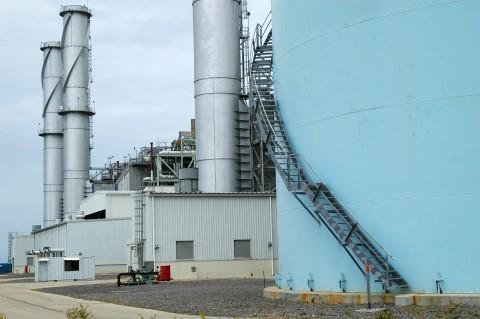
Malaysia's nuke dream is "overly ambitious": analyst
Development costs are too much--and it's just one problem.
The Malaysian government is keen to develop a domestic nuclear industry, and the Malaysia Nuclear Power Corporation (MNPC) was set up in 2011 to focus
solely on the development of nuclear in the country. Malaysia has one 1MW research reactor, which was build in the 1980s, but no other nuclear capacity is
online. The original aim was to build two nuclear power plants in the country by 2021 and 2022; however, this was postponed as opposition against nuclear
ignited in the aftermath of the Fukushima disaster in Japan in March 2011.
However, Georgina Hayden from BMI Research said that they have since seen an uptick in rhetoric towards nuclear, notably in 2014, when the government announced it aims to develop nuclear in the country by 2024/2025. It has been reported that site selections are underway and negotiations with international nuclear companies are ongoing - with Rosatom, Areva, Westinghouse amongst others being cited as contenders.
"Malaysia's push to develop nuclear power is driven by the government's desire to diversify the country's power mix away from a heavy reliance on thermal
energy sources and ensure long-term energy security. Malaysia relies on natural gas for nearly 55% of its electricity needs, and coal for roughly 34%," Hayden said.
However, by developing domestic nuclear power the country could reduce its hydrocarbons usage - namely domestic gas resources - and conserve these
for export. This is particularly important in light of the ongoing challenges facing state-owned oil and gas giant Petronas, which - through its majority-owned
subsidiary Petronas Gas Berhad (PGB) - serves the gas-fired electricity market.
"We believe Malaysia's nuclear agenda is overly ambitious and it is unlikely to be realised by the timeframe laid out by the government (2024/2025), despite
the government's ongoing commitment to the sector," Hayden stated.
Similarly to the rest of the Asia region, public opposition to nuclear power is widespread and poses a significant threat to development. Hayden said they have witnessed delays to projects in South Korea and Japan owing to the sizeable public opposition, a lack of domestic expertise in the sector and the perception that the development of domestic nuclear could pose a geopolitical threat to neighbouring countries in South East Asia, all pose sizeable barriers to Malaysia's nuclear agenda.


















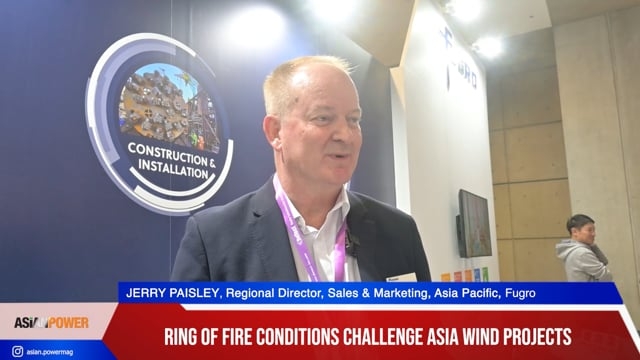
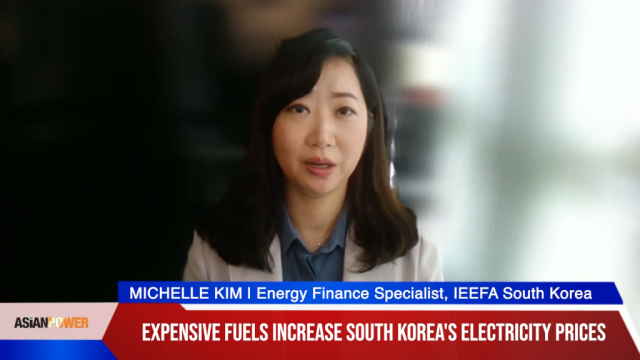
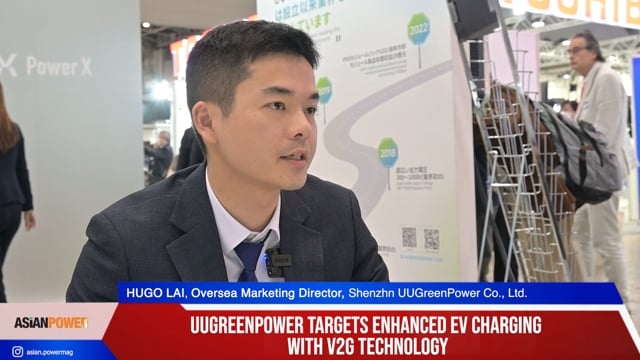
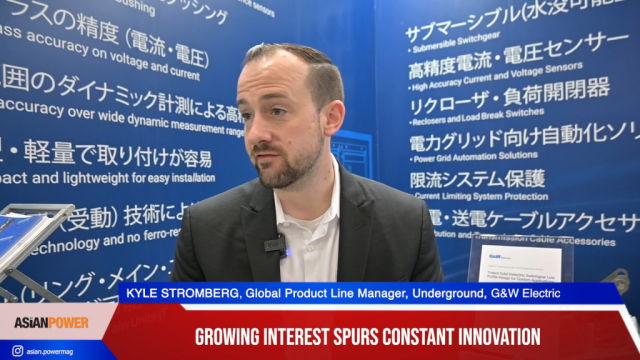

 Advertise
Advertise







